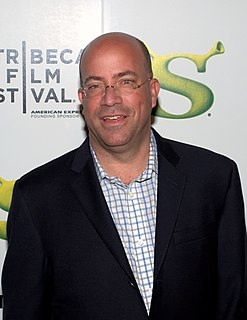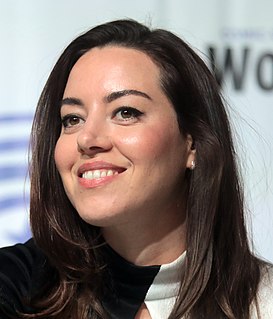A Quote by Chrystia Freeland
Social media now make it easier to organize protest movements, even - or perhaps especially - in authoritarian regimes.
Related Quotes
People tend to assess the relative importance of issues by the ease with which they are retrieved from memory—and this is largely determined by the extent of coverage in the media. Frequently mentioned topics populate the mind even as others slip away from awareness. In turn, what the media choose to report corresponds to their view of what is currently on the public’s mind. It is no accident that authoritarian regimes exert substantial pressure on independent media. Because public interest is most easily aroused by dramatic events and by celebrities, media feeding frenzies are common
Venezuela, Bolivia and Ecuador lived through times of cruel and ruthless capitalism where the workers, the masses of the population, saw themselves living in a precarious state of employment and subsistence conditions. The impact of this reality took hold and impacted the evolution of the social situation of those countries and even though that produced movements that were not exactly political movements but social movements.
Twitter-lutionaries are good at toppling regimes, but in the Mideast and North Africa, they're losing out to the Islamists, who've built protest movements the old-fashioned way. And in Moscow, the Mink revolutionaries, who are united by Live-Journal but not much else, were easy for Putin to outmaneuver.
But everyone cannot be there, and that is why photographers go there - to show them, to reach out and grab them and make them stop what they are doing and pay attention to what is going on - to create pictures powerful enough to overcome the diluting effects of the mass media and shake people out of their indifference - to protest and by the strength of that protest to make others protest.
Years ago, it was easier to make new things than it is now. The weight of experience weighs heavily, and the expectations; everybody wants to see something they haven't seen before. Now, with social media, with too much information, with the speed of information - all that is making it harder and harder to realize the objective.
Social media is alluring, tempting, frustrating, etc. We mistake our interactions in social media as community, but is community possible when you don't even know what someone looks like or what his or her voice sounds like? I've enjoyed connecting with a lot of poets through social media, but do I truly know them if I haven't even met them yet?
Social media is a way to make communication easier. Obviously some people misunderstand it, some people take it personally, and some people are in a constant fight to grow their engagement. They even become obsessed. They feel like they need to be popular on social media. The most important thing is: You've got to be secure in yourself. In order to have influence on other people, you've got to know who you are, first of all. The reason I get happy when I get more engagement is because that means I did something right in terms of my audience enjoying my content.
The decentralized nature of online conversations often makes it easier to manipulate public opinion, both domestically and globally. Regimes that once relied on centralized systems of media control can now deliver ideological messages more subtly, with the help of little-known intermediaries like anonymous commenters on websites.


































